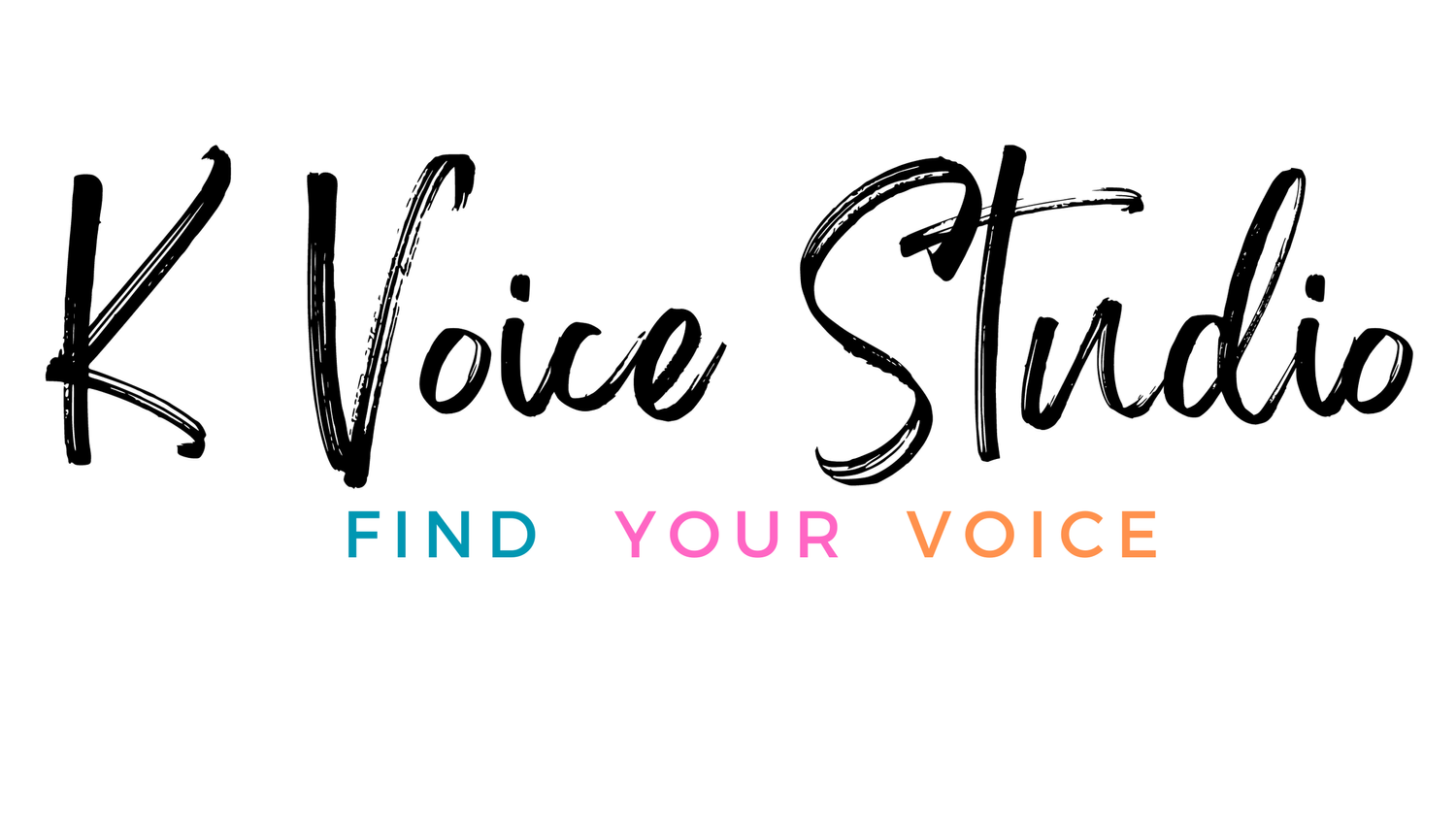Audition Tips
Student Micah McDonald auditions for Circle Theatre’s concert series.
Photo by Ashley McGreevy.
Follow these five steps and you can’t go wrong in an audition!
Preparation: This is the biggest thing that will set you apart from the “people who walk in off the street.” Read the audition notice that the theatre has posted. If they ask you to bring 16 bars of a musical theatre piece and you bring the entire song of “Despacito”, you’re not prepared in the way that you were asked. It’s a simple step that can be easily fixed. Most theatres have this information on their websites under an “Audition” tab. If you cannot find the information, call the theatre and ask them to direct you to it. They will be more than happy because they want you to feel prepared.
Once you find that 16 bars of a musical theatre piece, rehearse it ahead of time with someone who plays the piano. It is ideal to meet with this person at least once. If you can make a recording of them playing the accompaniment for you to practice with, treat it like gold until your audition and practice with it EVERY time. If you really want to be on par with the competition, it is ideal to rehearse this piece with a vocal coach or voice teacher at least 4 times before your audition. Remember to warm up before your audition!Pitch: If you are not strongly singing on pitch, work hard on your pitch matching skills with your audition song. This audition song needs to be perfect. I once had a teacher tell me, “Listening to a singer with bad pitch is like having a conversation with someone who has bad breath. No matter how wonderful everything they are saying is, I can’t get over the smell.” I think this is especially true in an audition setting. In lessons, I am happy to help you work on your pitch matching skills ALL. DAY. LONG. In an audition, you are competing with top performers, and you need to show that you can bring the same skills to the stage. If you can’t work to match pitch, you probably won’t get cast in a production (unless it is a non-singing role or they are in desperate need of someone who is your “type”).
Personality: Nobody wants to cast someone they don’t know. Show them who you are in auditions. You have the entire time that you are in auditions to help them get to know you. Here is a secret: everyone is nervous. You’re nervous, the seasoned performer next to you is nervous, the director is nervous…use the adrenaline from those nerves for good. (Easier said than done, I know. I can help with this!) When they greet you, smile, say hello, be yourself. When you speak to the pianist about tempo, speak to them as if they are a new friend that you are meeting on a blind “friend date”. When you introduce yourself and tell the production staff what song you will be singing, let your personality show through. It’s okay to be yourself - they want to see who you are so that they know who they will be working with if they cast you.
Projection: You need to be heard. If the production staff cannot hear you, they are likely not going to cast you. Yes, theatres today use microphones, but they do not want to rely heavily on them. Stuff happens and sometimes equipment fails and casts may have to do full shows without amplification. Plus, here’s a little secret about microphones: they only multiply what you give them. If you give a microphone zero, you get zero. If you give a microphone 1, you get 1. If you struggle with projection, see your choir teacher, voice coach, drama teacher, or voice instructor for tips. I can help too!
Performance: Don’t just stand there and sing the words at the production staff - tell them the story. The cut that you choose should have a character arc in it. You should be able to tell them a full story in 16 bars. If a song is sad, don’t just look sad and sing; similarly if a song is happy. Think about the words you are singing. Think about the character you are portraying. What happened right before you started singing? What is going to happen in the scene afterwards? Treat your cut like a monologue. I can teach you how to do this!
FAQ:
Q: Where do I look?
A: Avoid making eye contact with the production staff while you are performing your song. I always look at a spot just a couple inches above their heads. This way, they can see my face and eyes, but there is not an awkward eye contact situation going on for either one of you.
Q: What do I wear?
A: Wear something that demonstrates that you care. Not sweatpants or ripped jeans. If there will be a dance audition, make sure that you can comfortably move in whatever you are wearing, and that you bring shoes to change into for dancing. Make sure hair is styled & secured out of the face. Wear something with a signature color or a colored tie or hair band so that they can remember you (i.e. “the guy with the green tie”, “the girl with the red flower”).
Q: Do I need a headshot and resumé?
A: No, but it is helpful to have a headshot. This helps most directors to remember who you are when discussing your audition later (make sure your headshot actually looks like you.) Having a resumé can be very helpful if you have a lot of theatre experience because it will help you to avoid having to write it all out on the sheet provided by the theatre.


